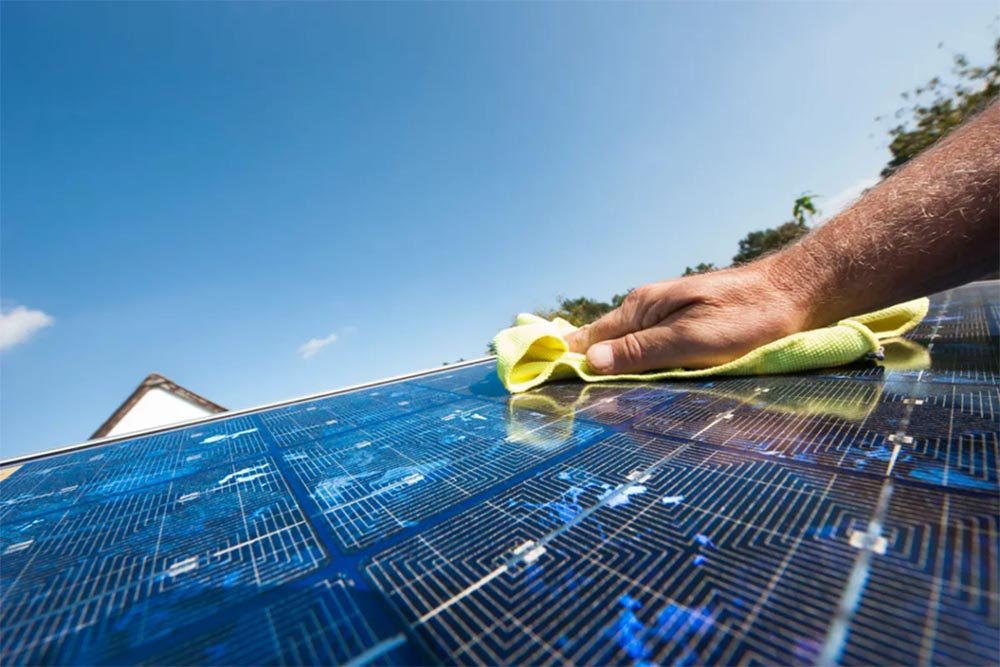Taping the sun’s energy for power generation is a growing trend among homeowners. Solar power offers several environmental advantages and saves on electricity bills. Selecting the right system and making sense of the cost attached takes a lot of work. Here’s a look at the solar panels in Sydney cost and essential considerations.
Price Breakdown
The cost of a functional solar system depends on multiple factors. However, anticipate to pay anything between $4,500 to $10,000 and here’s why:
- Solar Power System Size
The larger the size, the greater the cost. Note that the size isn’t measured in terms of the surface area to volume ratio but in kilowatts (kW). You pay more for more power. An average household often operates on a 6.6kW system, which is enough to cover most of the electrical needs.
- The Panel’s Quality
Solar panels come in various tiers. Premium brands with high-tier panels provide better efficiency and extended warranties. However, their initial cost is higher. Low-quality panels cost less but also offer less value for money. The best value for money is a purchase that provides something close to premium efficiency at a significantly low cost.
- Inverter’s Quality
The inverter is designed to convert direct current (DC) from the solar panels into usable alternating current (AC) power. Efficient and dependable inverters are crucial in the design of an effective solar power system. However, they can cost a lot.
- Installation Expenditures
The equipment and labour required for a successful solar panel installation can increase your overall cost. Factors like roof structure, roof design and speed of installation can also affect the cost of installing solar panels. However, it’s an unavoidable cost if you want things done well.
Key Factors to Consider When Selecting Solar Panels
Aside from the price, several factors affect the selection of a solar panel system. Here is what you need to consider:
- Energy Consumption
Examine your power consumption to decide on your household’s optimal solar power system. Account for the monthly household power consumption and determine what percentage you want to switch to solar energy. You may be entitled to a credit on your power bill if you generate more solar power than you consume. However, aim to match your system output with your standard consumption.
- The Roof
The roof design and area determine the duration of exposure to direct and structural requirements for installation. It is prudent to account for shadows and the roof’s orientation to maximise energy production.
- Panel Efficiency
Solar panel efficiency is the amount of solar energy(in percentage) directly changed to electricity. High-efficiency panels produce more electricity per unit area, requiring fewer panels for the desired outcome.
- Warranty
Seek for solar panels with long warranty contracts—ideally, twelve years or more. Warranties are a testament to the manufacturer’s confidence in their products.
- Inverter Type
Inverters come in different forms. String inverters are the most common and affordable. However, they are not the best in efficiency and performance. Microinverters offer better performance under shaded conditions; however, they cost more.
- Government Policies
Government policies, like rebates, tax exemptions, and financing, can help decide on solar panels. The Small-scale Renewable Energy Scheme offers critical financial incentives for panel system installation. Factor in the financial incentives to your overall cost as you make your choice.
Selecting the Appropriate Installer
A good solar panel installer is essential for an efficient and safe system. Search for installers with Clean Energy Council (CEC) certification and positive customer testimonials. Furthermore, check for transparent pricing models, insightful system design proposals, and warranties on artistry and installation.
Investing in solar systems is an excellent step for the environment and your wallet. If you navigate the initial phase of system selection and installation, you can reap the benefits of sustainable, clean energy production. Although the initial cost of switching to solar energy is high, it’s an investment that pays off rather quickly.







